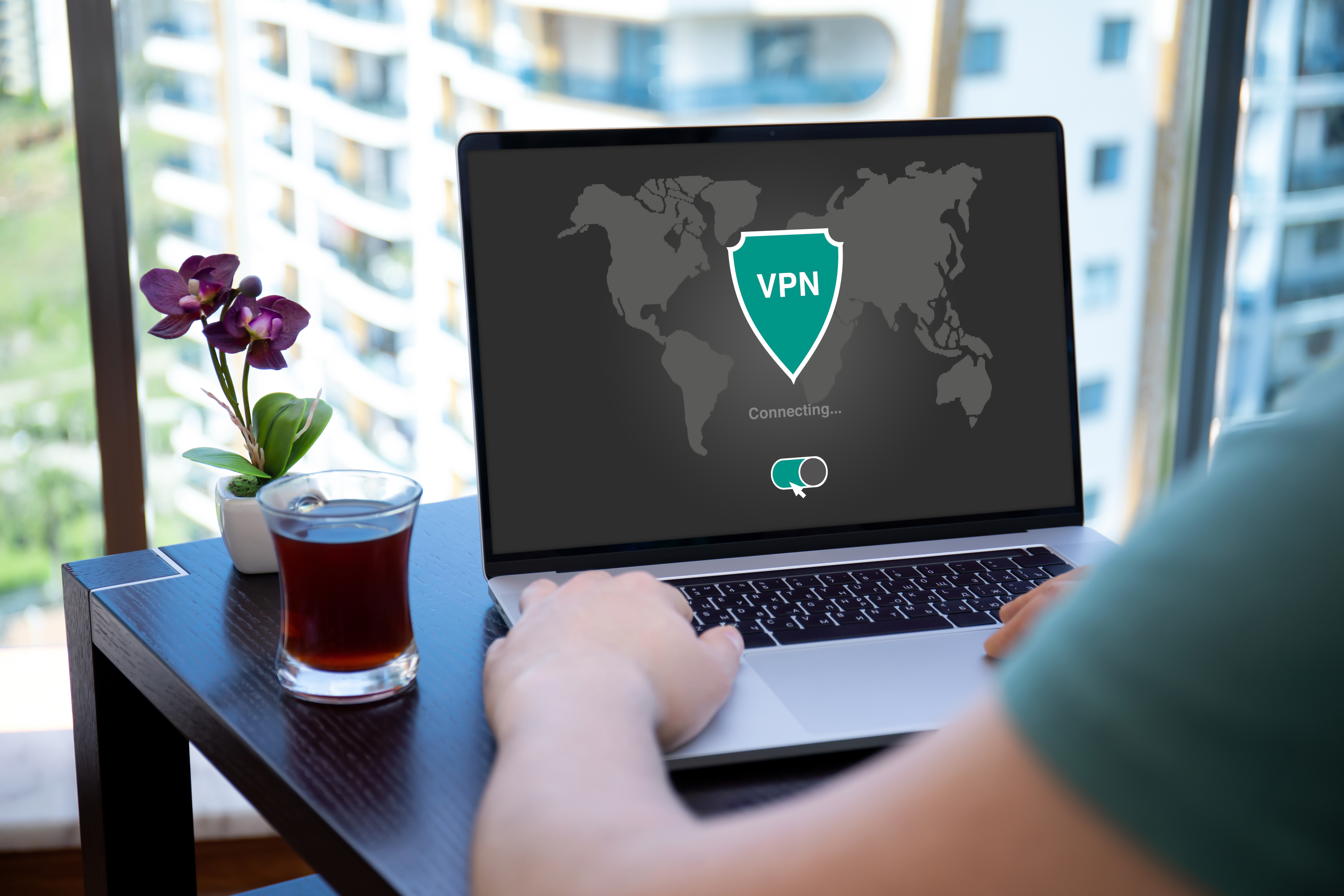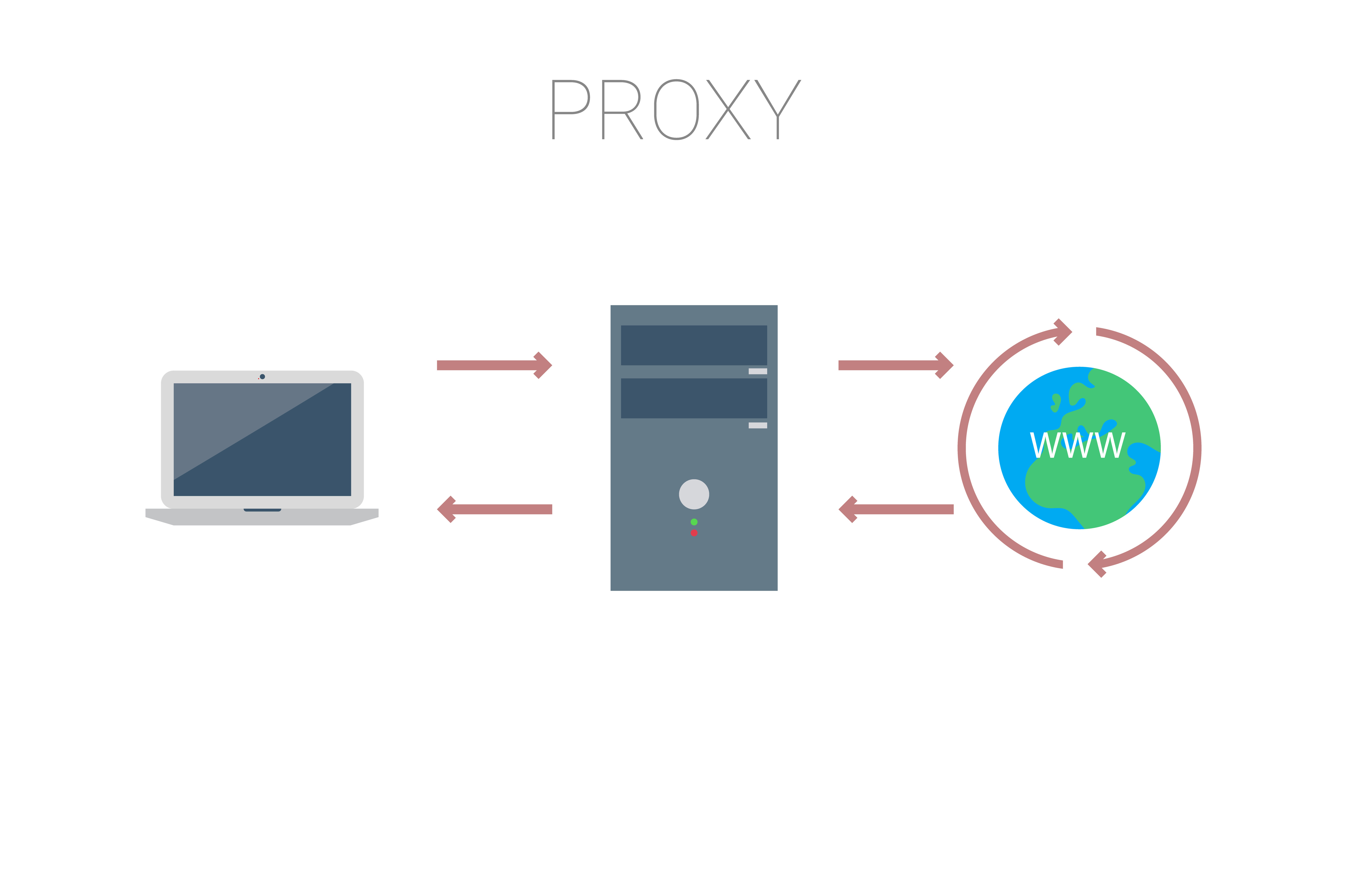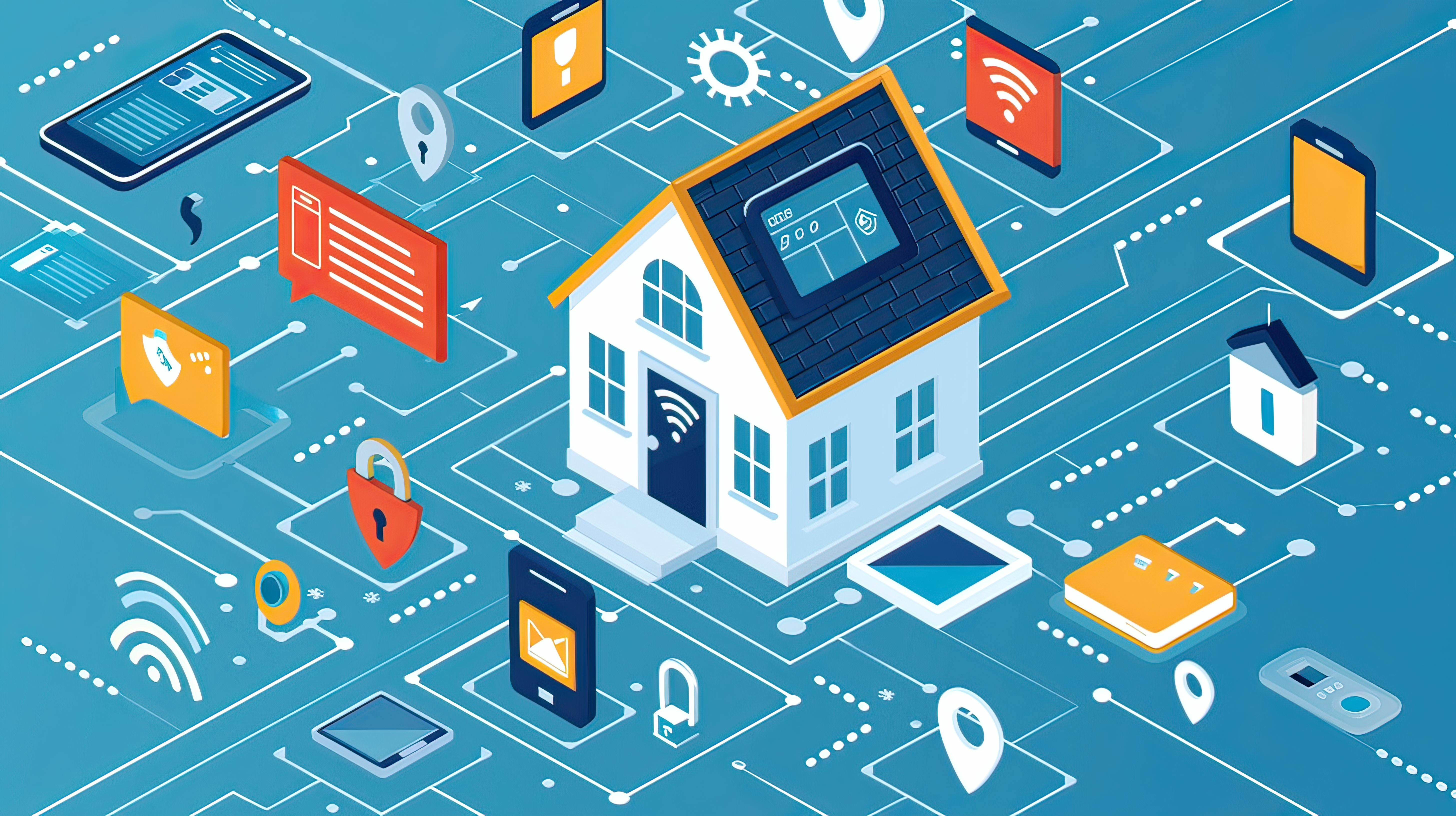5 Essential Cybersecurity Tips for Remote Workers

As remote work becomes increasingly common, it's crucial to ensure that your home office is as secure as your company's. Cybercriminals are constantly looking for vulnerabilities, and a lax approach to security can put both your personal data and your company's sensitive information at risk. Here are five essential cybersecurity tips every remote worker should follow.
1. Use a Virtual Private Network (VPN)
A VPN encrypts your internet connection, making it much harder for hackers to intercept your data. This is especially important when using public Wi-Fi networks, but it's a good practice even on your home network.
- Always connect to your company's VPN when working on sensitive tasks.
- Choose a reliable VPN service for personal use when your company doesn't provide one.
- Ensure your VPN is always up-to-date.

2. Implement Strong Password Practices
Weak passwords are one of the easiest ways for cybercriminals to gain unauthorized access to your accounts.
- Use long, complex passwords with a mix of upper and lowercase letters, numbers, and symbols.
- Never reuse passwords across different accounts.
- Consider using a password manager to generate and store strong, unique passwords for all your accounts.
- Enable two-factor authentication (2FA) wherever possible.
3. Keep Your Software Updated
Software updates often include critical security patches. Neglecting these updates leaves your system vulnerable to known exploits.
- Set your operating system and software to update automatically.
- Regularly check for updates that require manual installation.
- Don't forget about your mobile devices – keep your smartphone and tablet updated too.
4. Secure Your Home Network
Your home network is the foundation of your remote work setup. Ensuring its security is crucial.
- Change your router's default password to a strong, unique one.
- Enable WPA3 encryption on your Wi-Fi network.
- Consider setting up a separate Wi-Fi network for work to isolate it from your personal devices and those of family members.
- Regularly update your router's firmware.

5. Be Wary of Phishing Attempts
Phishing attacks are becoming increasingly sophisticated. Always be cautious, especially when working remotely.
- Be skeptical of unexpected emails, especially those asking you to click links or download attachments.
- Verify the sender's email address carefully – phishers often use addresses that look legitimate at first glance.
- When in doubt, contact the supposed sender through a different medium to confirm the email's legitimacy.
- Use anti-phishing tools and keep them updated.
Conclusion
Implementing these cybersecurity measures might seem like extra work, but they're essential in protecting your data and your company's information. By following these tips, you can create a secure remote work environment and enjoy the benefits of working from home without compromising on safety.
Remember, cybersecurity is an ongoing process. Stay informed about the latest threats and best practices, and always err on the side of caution when it comes to your digital security.
